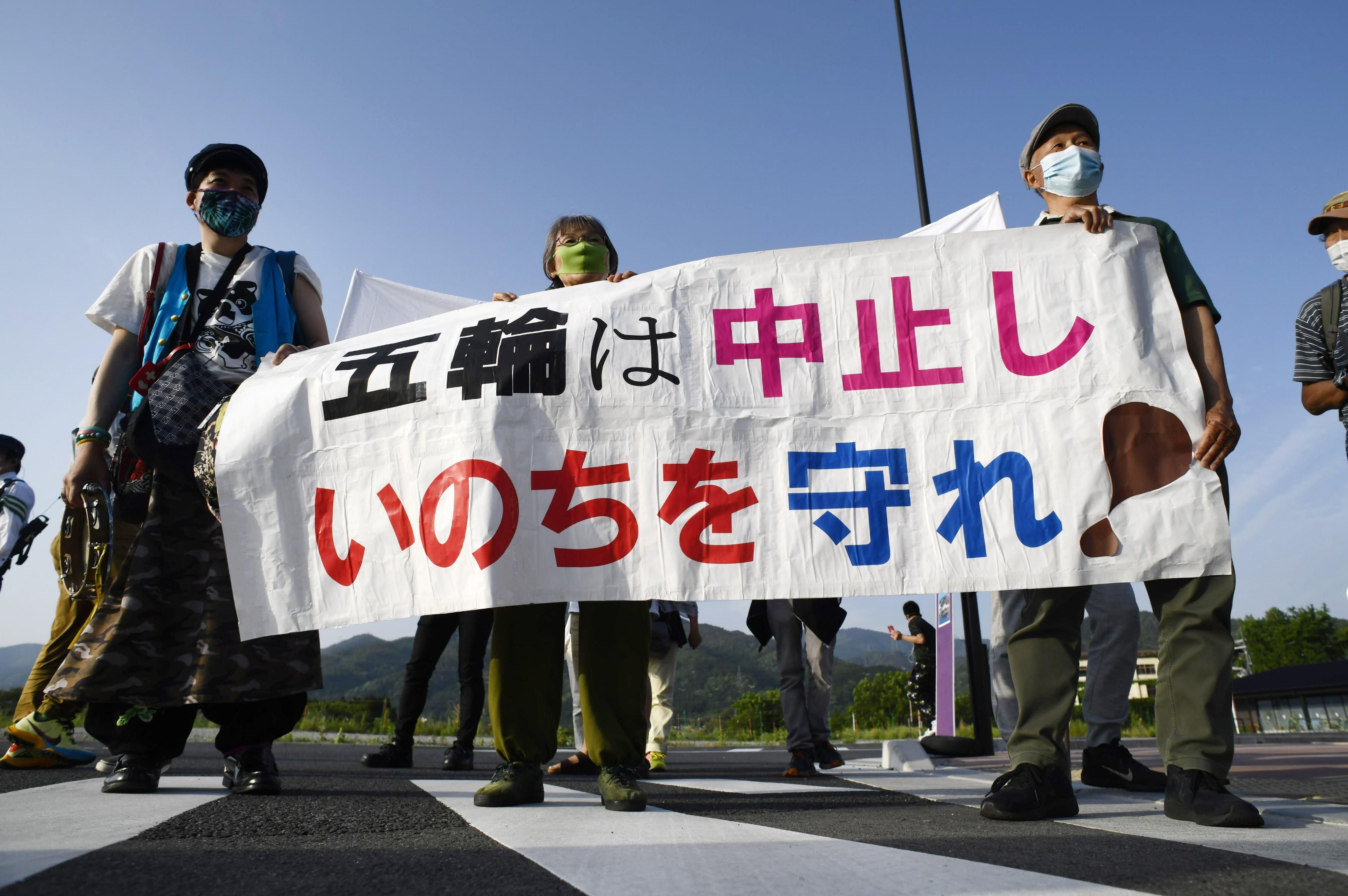Hard Numbers: Japanese emergency, LGBTQI Ghanaians arrested, Iran's presidential candidates, Lake Maggiore tragedy
9: Japan's Prime Minister Yoshihide Suga will decide this week whether nine prefectures including Tokyo and Osaka will extend the state of emergency orders enforced last month amid rising COVID-19 caseloads. This comes just weeks before Japan is set to host the summer Olympics, which many Japanese people oppose, fearing spread of coronavirus variants.
21: At least 21 people were arrested in southern Ghana last week while attending an LGBTQI conference. Same-sex relationships are still outlawed in Ghana, and can incur a prison sentence of up to 25 years. Meanwhile, the #Release21 campaign has gone viral on social media, with several celebrities also weighing in.
7: Iran's hardline Guardian Council has approved 7 candidates – out of 40 who met eligibility criteria – to run in the country's upcoming presidential elections. The election watchdog approved the candidacy of hardliner Ebrahim Raisi, who is cozy with the Supreme Leader, while former president and rival Mahmoud Ahmadinejad didn't make the cut.
14: Italian prosecutors are looking into manslaughter charges related to an alleged mechanical failure on a cable car that killed 14 people this week – including five members of an Israeli family – in Lake Maggiore in northern Italy. This event raises questions about Italy's infrastructure, after several malfunctions in recent years, including the Genoa bridge collapse in 2018 that killed dozens of people.